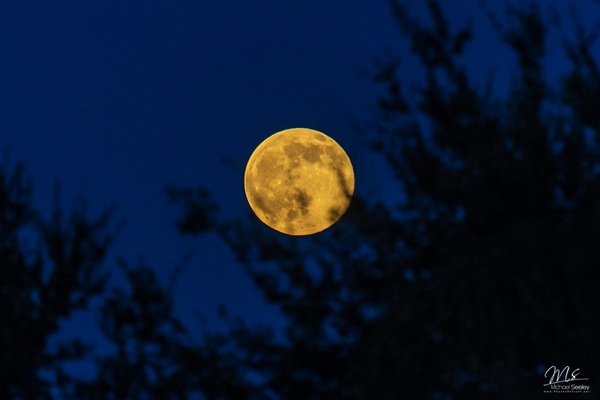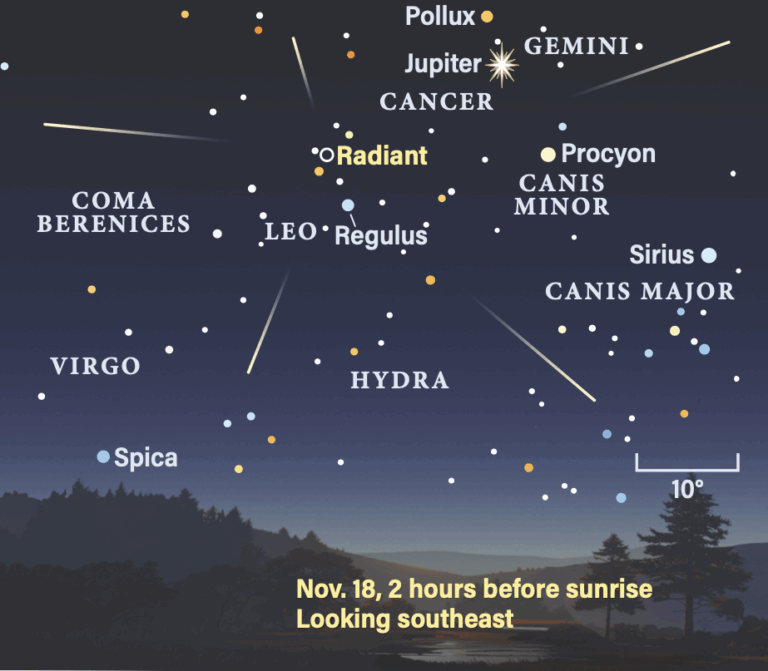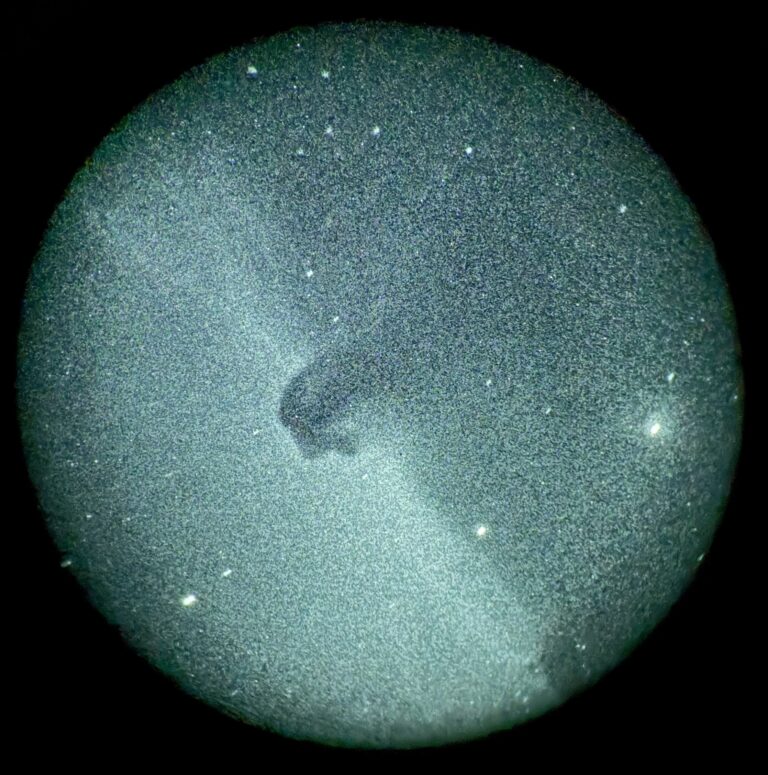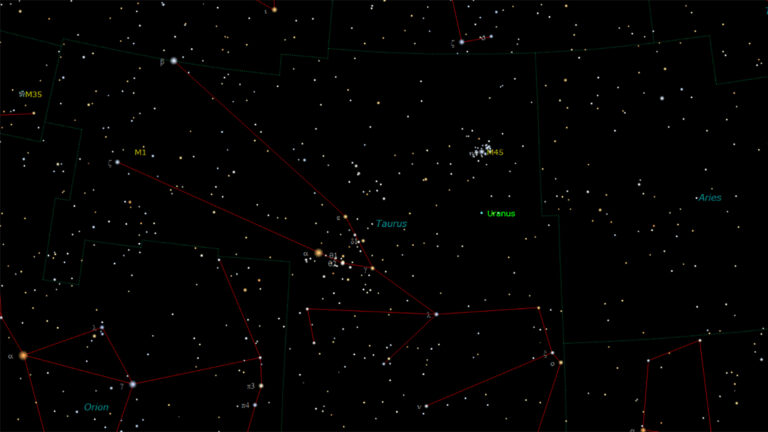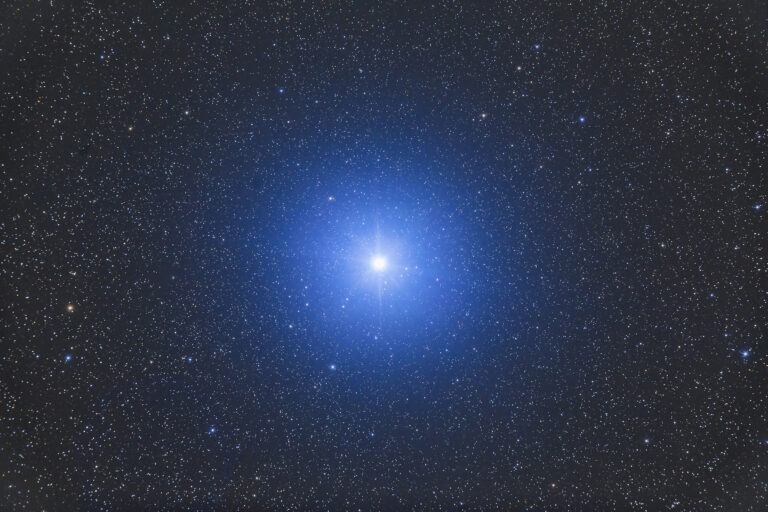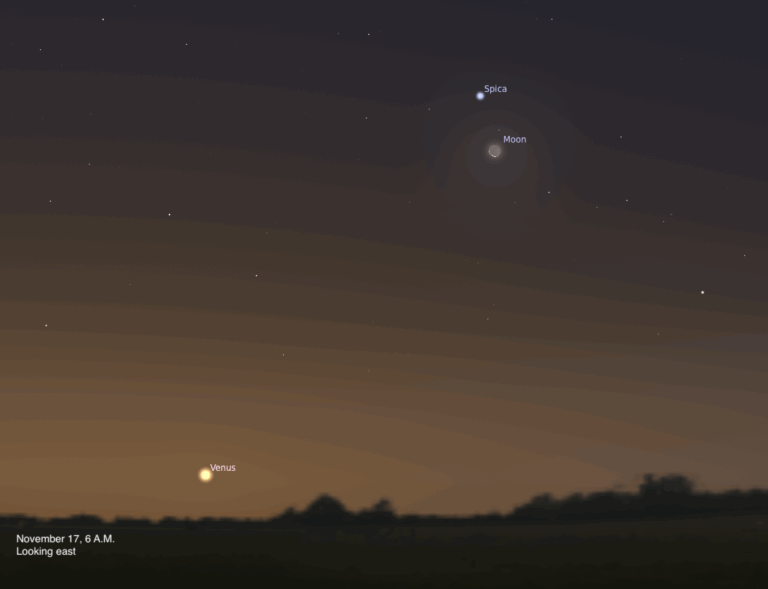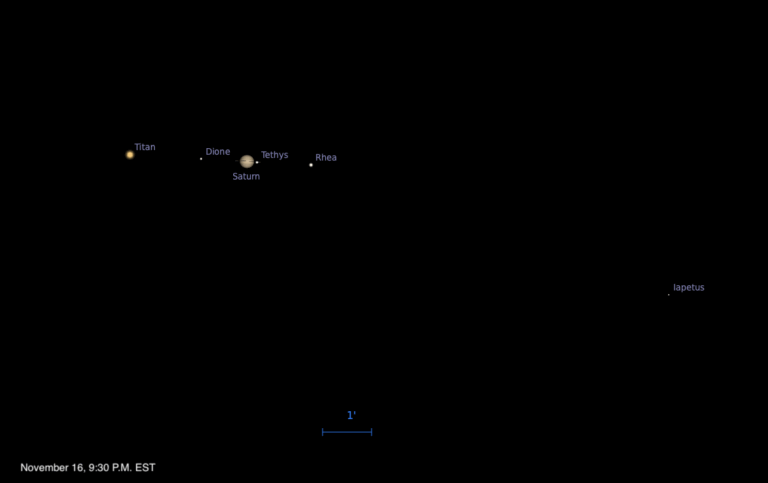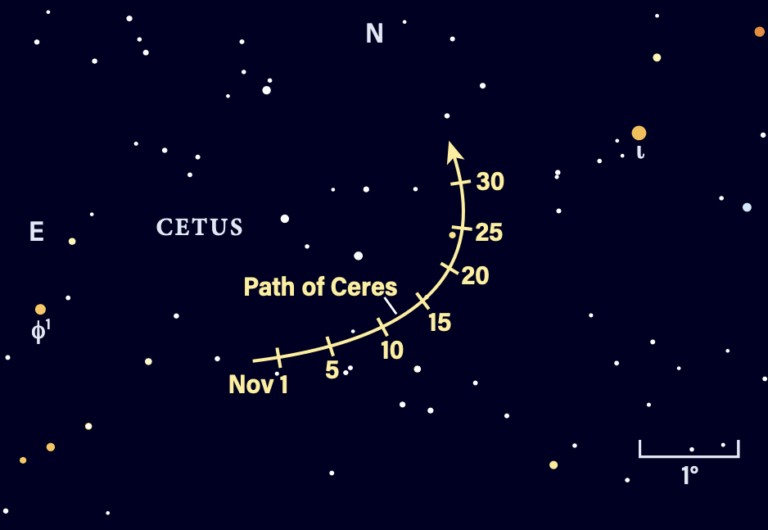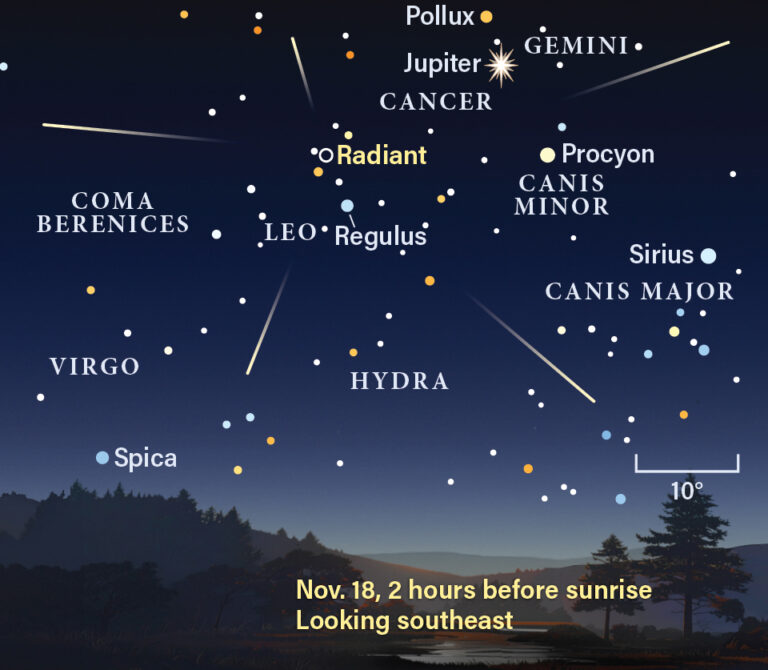Key Takeaways:
- The concept of abiogenesis is identified as a scientifically provocative idea that frequently elicits strong reactions and misunderstanding.
- A significant misconception surrounding abiogenesis is the belief that it posits an absurd, spontaneous random assembly of a living organism from atoms.
- The article references a specific, "willfully dishonest" criticism that misrepresents abiogenesis by citing extremely low probabilities, such as Harold Morowitz's figure of 1 in 10340,000,000, for the chance formation of a simple cell.

Few words in science can provoke quite so visceral a reaction as abiogenesis. I get it. The idea of life arising unbidden from nonliving matter can be hard to wrap your head around. But like any idea, it deserves to be examined honestly on its merits. Unfortunately, a lot of people don’t.
Probably the biggest misconception about abiogenesis is that it requires some absurd event like atoms randomly sticking together one day to make a living thing. A willfully dishonest criticism, common in some circles, often reads something like this: “Biophysicist Harold Morowitz says that the probability of a simple cell forming by chance is 1 in 10340,000,000. Even scientists know that abiogenesis is impossible!”
Astronomy magazine subscribers can read the full article for free. Just make sure you’re registered with the website.

